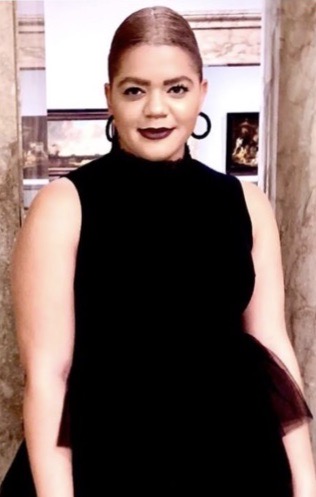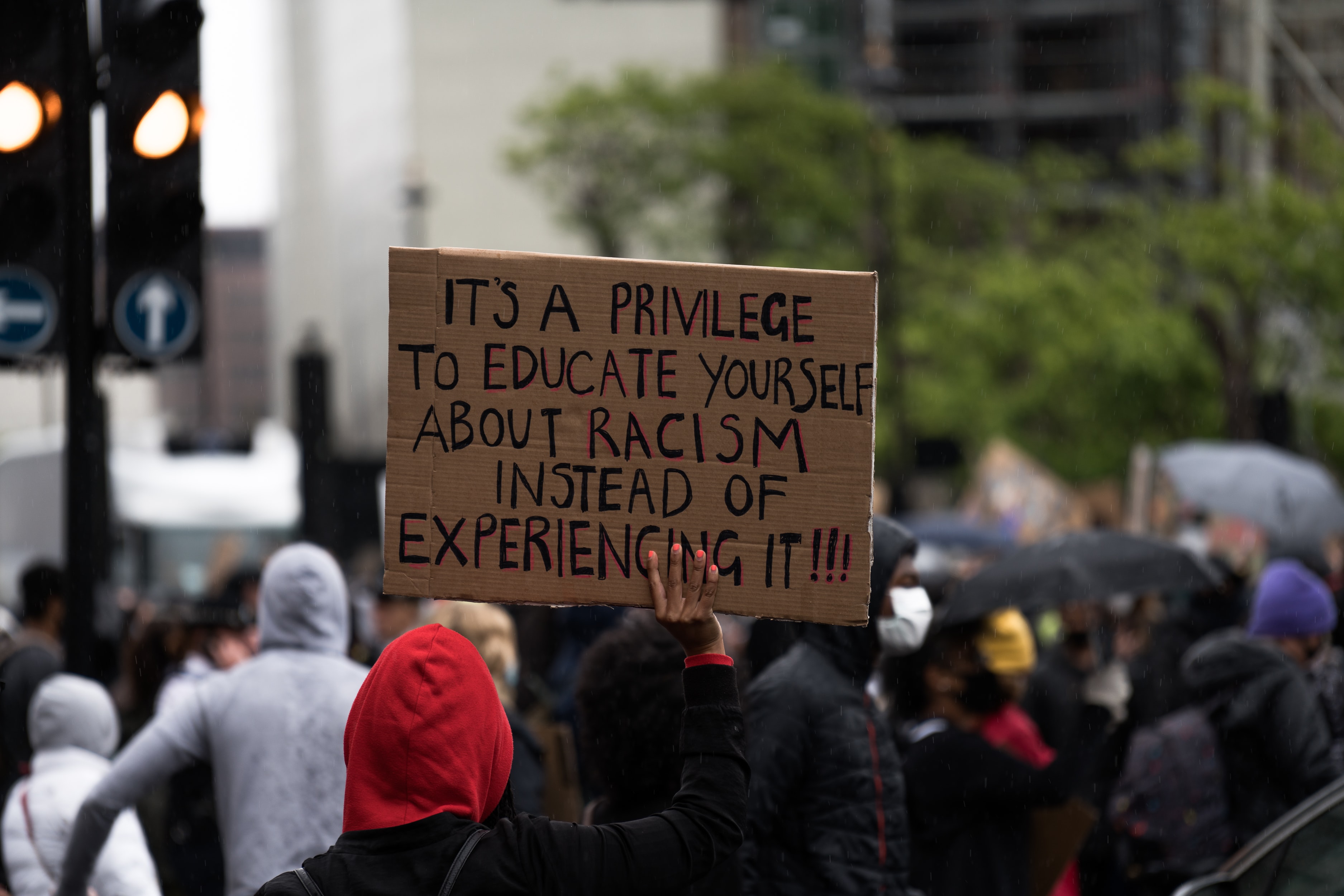By: Alexis Richards
Black people have been fighting state-sanctioned systemic oppression for 400 years. Two weeks on Instagram is not enough to change that.
On June 4, Twitter user @becauseoflwt tweeted, “What’d y’all think that was? BLM Spirit Week?†She isn’t the only one. Throughout the vast and far-reaching corners of online activism, the critique has been echoed: this isn’t spirit week.
In a 2010 essay for the New Yorker, Malcolm Gladwell asserted, “the revolution will not be tweeted.†I’ve expounded a great deal of my energy in my time as an activist developing the counter to this argument. Certainly the revolution will be tweeted. It will be Facebook posted and Instagram storied and Venmo donated, too.
Ten years later, I maintain that activism and organizing must embrace the ever-changing landscape of our society in order to grow, to change, to remain one step ahead. In the last few weeks, however, I’ve grown concerned that perhaps in our enthusiastic embrace of social media activism, we’ve lost the perspective required to translate digital trends into sustainable campaigns for change.
When we study organizing as academic theory, we are cognizant of the prescient dangers of growing too quickly or expanding the coalition too far. This is pragmatic, risk-averse and strategic. Loss of focus or deviation from an established theory of change can mean ultimate destruction for an organizing campaign. It is much easier to protect the message and achieve the goal when you can control the movement. Right?
Maybe, but anti-racism work is different. This movement was never controlled, so to speak. The fight against systemic racism is one and the same with the Black identity. We were born with the knowledge that our country was built on the backs of our ancestors. We were taught everything from how to speak to law enforcement officers to how to press our hair in an effort to preserve our own right to life. We’ve formed organizations, argued before the Supreme Court, marched on Washington, demonstrated in the streets and more all for just the most basic of human rights: for our lives to matter.
A few weeks ago, something happened: everyone noticed. The dramatic and sudden awakening of the vast majority of the population to the realities of what it means to be Black in America hit social media with alarming force. Years from now, historians will develop theories about what changed this time – are we beholden to a half-century timeline of racial progress? Did we finally hit the tipping point?
How can we have, when even the turn of phrase “the tipping point†is inherently racist, and yet its splashed across the headlines and Twitter feeds of every media analyst?
If you’re on social media, then your feed has probably looked a lot like mine over the past few weeks. Shock and disbelief. Stunning artwork memorializing Breonna Taylor. Heartbreaking videos of George Floyd’s daughter Gianna. Reminders of Tony McDade, of Iyanna Dior. Tamir Rice, Philando Castile, Eric Garner, Kalief Browder, Amadou Diallo, Ahmaud Arbery, Botham Jean, Renisha McBride, Mike Brown. Quotes from the Rev. Dr. Martin Luther King, Jr. Links – so many links: anti-racism resources for white people, black-owned bookstores, sign this petition, call your council members, assembly members, congress members, senators, mayors and governors. Silence is compliance. Silence is violence.
If you’re on social media, then your feed has started to look a lot like mine over the past few days. Fewer posts. J.K. Rowling. We repealed 50A! We went from making banana bread to abolishing the police. Justice for Breonna Taylor. We all woke up. We did this. We. Us. Together.
Are we?
Anti-racism work is no stranger to longevity, but if you’re new here, ask yourself if perhaps you might be. Black people have been fighting against systemic racism and oppression for 400 years. Anti-racism work is not a trend, has never been a trend and cannot ever be a trend.
This isn’t spirit week. This is about equity. This is about our lives. Several iterations of Black Lives Matter spirit week on Instagram and Twitter and Facebook will not solve that. Now that you’re here, we need you to do the work, too.
Identify your role in this work. Are you an ally, a thought leader, an amplifier, a policy wonk? Who is in your network? What is your story to tell, and what is theirs? Know that which you do not know.
Consult the lists of resources you’ve been sharing. Have you read the books, watched the documentaries, listened to the podcasts? If not, now is the time to begin.
Be ready to research and willing to learn. So much of our history is not taught in schools. So much of our theory is not either. You cannot learn Angela Davis’ and Ruth Wilson Gilmore’s approaches to abolition of policing and incarceration through an Instagram post. Read before you share.
Take action. Join the marches if you feel comfortable, have the hard conversations, sign the petitions, make recurring donations if you are able, divest from racist companies and organizations and reevaluate racist language that has become second nature.
Get to work and keep working. Keep talking. Keep fighting.
We have so much to do, and so very much to be.
In solidarity toward justice.
Don’t know where to begin? Click HERE for a community-developed compilation of resources, links and information.
Author

Alexis Richards is second-year MPA student at NYU Wagner specializing in Advocacy and Political Action, and President of the Wagner Women’s Caucus. She currently serves as a communications intern for congressional candidate Gina Ortiz Jones, working to flip Texas district 23 blue. Her past professional experience includes serving as an intern for former presidential candidate Sen. Elizabeth Warren (D-MA) and working on the communications team in the Office of New York City Council Member Carlina Rivera (D-Manhattan). She volunteers her time at the Lower Eastside Girls Club, where she serves on the executive board of the Angel Alliance. She holds a B.A. in Communications and Consumer Psychology from the University of Pennsylvania. Her background is in PR, executing strategy for brands such as Target and Rebecca Minkoff.




